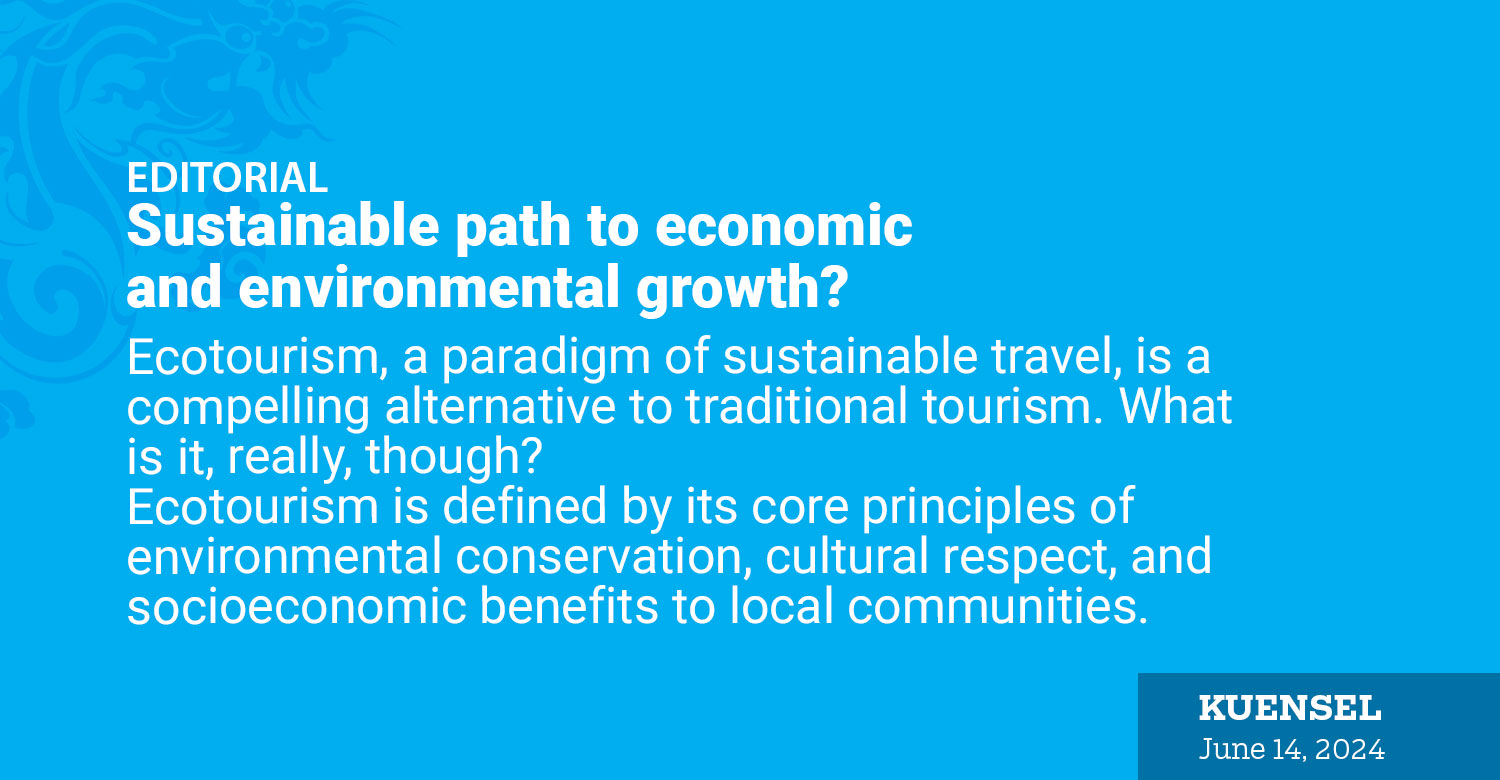Ecotourism, a paradigm of sustainable travel, is a compelling alternative to traditional tourism. What is it, really, though?
Ecotourism is defined by its core principles of environmental conservation, cultural respect, and socioeconomic benefits to local communities.
As the global tourism industry faces increasing scrutiny over its environmental and social impacts, the adoption and promotion of ecotourism present an invaluable opportunity to align economic activities with sustainable development goals.
Fundamentally, ecotourism prioritises the preservation of natural ecosystems. By directing tourist activities towards less intrusive experiences, it mitigates the adverse environmental impacts often associated with mass tourism. This approach not only safeguards biodiversity, but also fosters a deeper appreciation for natural habitats among travelers. The protection of endangered species and the conservation of critical ecosystems are direct outcomes of ecotourism initiatives, contributing significantly to global environmental sustainability efforts.
Ecotourism also serves as a vital conduit for culture preservation. It encourages respectful engagement with local cultures and traditions, fostering mutual understanding and respect between tourists and host communities. This exchange enriches, should enhance the visitor experience while simultaneously empowering local populations to preserve and celebrate their heritage.
The economic benefits derived from ecotourism have the potential to provide financial incentives for communities to maintain cultural practices that might otherwise be eroded by globalisation and modernisation pressures.
The socioeconomic advantages of ecotourism are equally noteworthy. By channeling financial resources directly into local economies, ecotourism supports community development and poverty alleviation. It creates employment opportunities, stimulates local entrepreneurship, and enhances infrastructure. Importantly, it ensures that the economic benefits of tourism are equitably distributed, thereby fostering inclusive growth.
This economic empowerment is instrumental in improving living standards and promoting sustainable livelihoods within host communities.
To fully realise these benefits, the packaging of ecotourism must be meticulously crafted. A strategic approach to packaging involves several key elements. First and foremost, authenticity must be the cornerstone of ecotourism experiences. Travellers seek genuine interactions and experiences that are rooted in the local context. This necessitates a collaborative approach involving local communities in the design and delivery of tourism products.
By integrating local knowledge and practices, ecotourism can offer unique and immersive experiences that are both educational and enriching.
Transparency and accountability are crucial in building trust and credibility. Ecotourism operators must communicate their sustainability practices clearly and provide verifiable evidence of their environmental and social impacts. Certifications and partnerships with reputable environmental organisations can enhance credibility and attract discerning travellers who are increasingly conscious of their ecological footprint.
So, our marketing strategies should leverage advanced technologies to provide an engaging and informative pre-travel experience. Virtual reality and augmented reality can offer immersive previews of ecotourism activities, captivating potential tourists and providing a tangible sense of the experience awaiting them.
Leveraging social media influencers who align with sustainability values can amplify the reach and impact of marketing campaigns. Here, we must aim for quality, not just popularity.
For sustainable development that can transform the tourism industry into a force for good, ecotourism is an important tool. That is why by prioritising authenticity, transparency, and innovative marketing, the ecotourism sector can attract a growing cohort of conscientious travellers.


